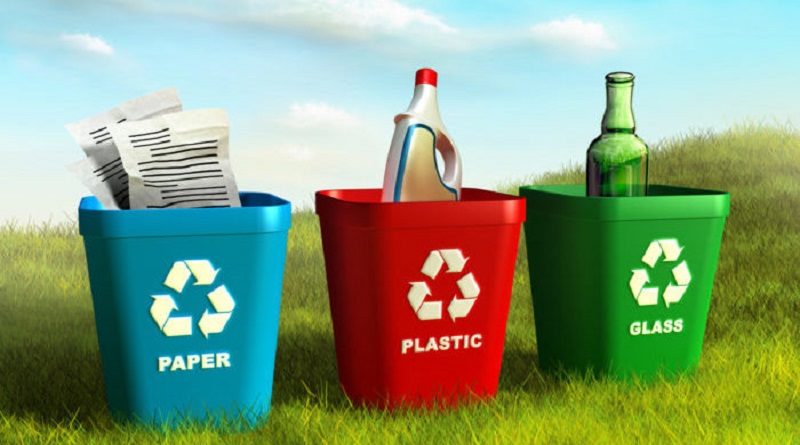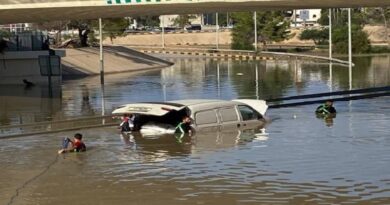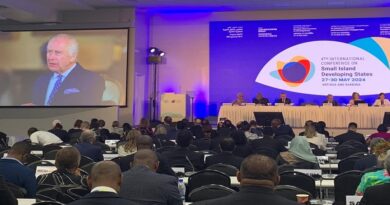Waste recycling, key to environmental sustainability–Experts
Environmental experts say recycling of wastes is the best way to achieve environmental sustainability and also convert waste to wealth.
Some experts spoke with News Agency of Nigeria (NAN) on Sunday in Abuja.
Dr Onyagbodor Peter, South-South Coordinator Association for Environmental Impact Assessment of Nigeria (AEIAN), said there was need for government to come up with robust decisions to encourage waste recycling in Nigeria.
“We have made some progress in wastes recycling but there are still a lot to do; we have some companies in Nigeria that are into plastic recycling, metal recycling.
“If you go round Abuja, it looks fairly clean and neat but what about other mega cities in the country Lagos, Port Harcourt, Warri, Sapele you still see heaps of cabbages in the environment.
“These cabbages are not quickly taken out of the environment and when they are taken out what is the fate of those wastes in the environment most times they are not quickly recycled,” he asked.
Mr. Robert Eze, Chief Operating Officer PGM Nigeria Ltd, an environmental management and consultancy company, said that though Nigeria was trying in the area of recycling wastes, a lot needed to be done.
“Recently, we were doing an environmental assessment programme for Abia, where the government intends to develop a waste recycling plant; I don’t know the state of that project now.’’
He said that government needed to invest in the recycling of wastes to curb wastes littering all over the places.
“For me, it is a gold mine; there is a lot to tap there; investors need to invest in that line; there are lots of things we throw away in this country that we shouldn’t,” Eze said.
Mr. Osi Braimah, Director, Abuja Environmental Protection Board (AEPB), said that the board was presently handling approximately 500 tonnes of mixed wastes per day.
“These include pet bottles, organic and food materials as well as all forms of domestic wastes.
“We really encourage recycling because this helps us to increase the life span of the dumpsites; the dumpsite that we use now is about 90 hectares and it is filling up every day.
“If residents of the FCT begin to implement wastes recycling minimisation and reuse to extend the life of the dumpsite, they can also earn money; pet bottles are sold for a fee and papers can be recycled; it is something we strongly encourage in the FCT.’’
The director said that there were scavengers at their Goza dumpsite that separated the pet bottles and other recyclable materials and ship to the recycling companies both in Abuja and other parts of the country mainly Kaduna and Kano.
“In the Life Camp area, we have a pilot project that has been on for three years dealing with separation at source we encourage residents in Life Camp and Gwarinpa to separate wastes at source into various components.
“Eventually, companies come to pick up the wastes for a fee; we have also engaged companies like Chanja Datti recycling Co. Ltd among others,’’ he said.
He said that the companies had their hubs within districts in Wuse 2, Jabi and other areas where one could drop one’s recycling materials for pick up.
On her part, Mrs Blessing Ewa, Founder and Director of Youth Advocates for Sustainable and Inclusive Future, said the NGO was not directly involved in recycling.
“What we do is to train women in the community on plastic waste management; they sort out plastics and sell it to the recycling agencies that we link them with,” she said.
By Abigael Joshua




